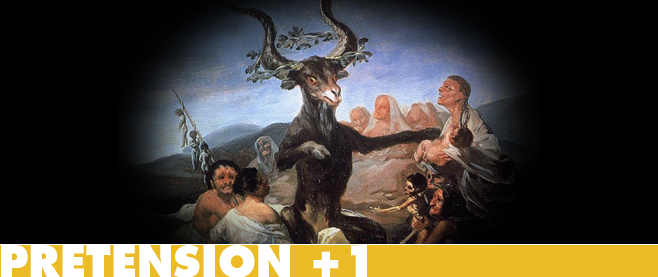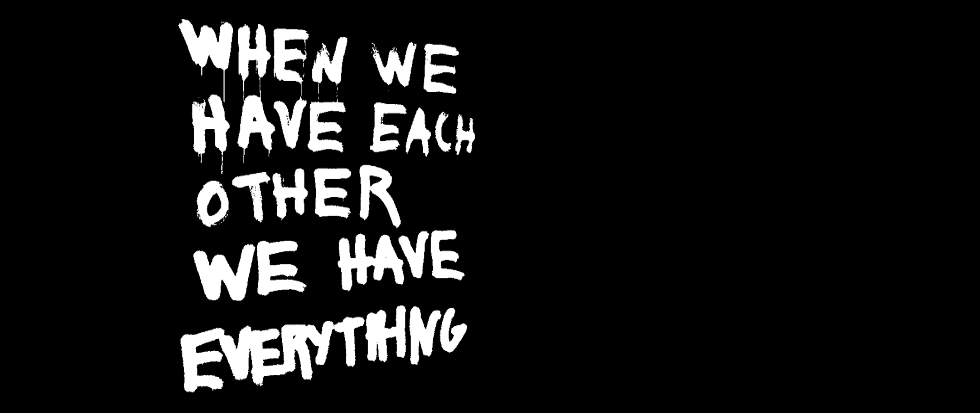
Realistic Teen Witch Simulator: A Post-Mortem, Sorta
I put out a game over the holidays called Realistic Teen Witch Simulator. It’s semi-autobiographical, following a teenager of unspecified gender as they prepare for their first Wiccan sabbat. You do this by roaming around the teen’s home, collecting candles and other materials for your ritual circle, and having the periodic existential crises that accompany being 14.
It made a modest impression. After You Are Jeff Bezos exploded, I knew better than to assume any of my subsequent games would have near the same reach, but it was decently successful. What struck me more than anything, however, was that I’d vastly underestimated how relatable many players would find it.
Like a lot of teens, 14-year-old Kris believed they were a genius, spiritually enlightened and unimpeachably Correct in all their opinions. I owned a shirt (black, of course) which read “I see dumb people.” Sometimes I’d lay in bed listening to Dream Theater and imagining myself floating in a vast, cosmic ocean as I contemplated the deep truths of the universe that no one before me had even thought to consider. I believed I was the reincarnation of Vincent van Gogh and had a massive wall-sized poster of “Wheat Field with Crows” in my bedroom because, you see, I really got him.
I probably first came by Wicca the way most American kids do, as the subject of a shitty television show. In my case it was an episode of The X-Files (and hoo boy, that one has not held up well). But most of my subsequent exposure came from reading ACLU case files, which was a thing I did, you know, for fun. As a teenager. Other kids were off discovering their bodies and all the inadvisable substances you can stick in them and I was just over here spending my Friday nights reading webpages about prayers at football games, like a Normal Teen.
I had been brought up roughly Catholic by a college-educated, feminist mother and a believes-he’s-a-prophet garbage creature for a father, so I had sort of looked forward to changing religions the way other kids cared about getting their first car. Despite this, Wicca was kind of a fallback position for me, the thing I had settled on after every other faith I read about seemed too strict and unapproachable. Wicca has essentially one law, which, when translated out of its stodgy faux-old-time-y grammar, basically boils down to: you can do anything you want as long as it doesn’t harm anyone or anything. To a teenager who only knew as much about socialism and labor movements as American public schools had deemed fit to teach them, this seemed entirely doable.
Wicca has reincarnation, it has fairies and candles and a lot to do with animals. In other words, it very conveniently seemed to contain all the things I liked from other religions I read about, while excluding the things I couldn’t wrap my head around much, like judgmental omniscient beings and fasting. It wouldn’t really occur to me until well into adulthood just why that was: Wicca and Neopaganism, as we know them, are pretty much a modern invention with little basis in actual ancient actual-pagan practices.
The idea that a religion could be made up would’ve been anathema to 14-year-old me. Teenagers are the loneliest creatures in the world, a mess of competing biological impulses tugging at the edges of misshapen bodies that feel like the middle phases of an Animorphs cover. Multiply that by bullshit life factors like dysfunctional family, school bullying, poor sex ed and oh, say, a father who says you can’t go on antidepressants because it will kill your creativity, and of course you end up with a child who needs to cling to something, anything, that seems fixed, permanent and true.
Realistic Teen Witch Simulator comes out of that space, of having some compassion for your younger self and what younger you wanted out of life, even when younger you was kind of ridiculous about it. That was what I expected (well, hoped) people to relate to when they played it.
What I didn’t really expect was to find so many people who still practice Wicca and Neopaganism as adults, and also saw themselves in the game. People who recognized the exact book from which I drew most of the ritual invocation. People who had made their own wands and improvised athames and still had them today. I’d known a good number of people in my social circles were pagan (because, well, look at where I am), but I thought they would’ve at least gone about it The Proper Way, unlike me.
Which is, I guess, what the game really drives home for a lot of players: there is no proper way to come by faith. All religions come from somewhere and few of them exist in exactly the same form as they did when they were founded. The conclusion I came to after my period of religious experimentation is that none of it worked for me, not the tightly organized faiths, not the more relaxed stuff, not Myers-Briggs or tarot. My insides are a sucking black hole of existential nihilism and my only safe outlet to explore this anymore is Twine games. But if a faith works for you, then it’s legitimate, and the age and origins of it shouldn’t matter.
As my favorite response on the game put it:
“you will make it, little child with the lemon and the butter knife. you’ll be OK.”





